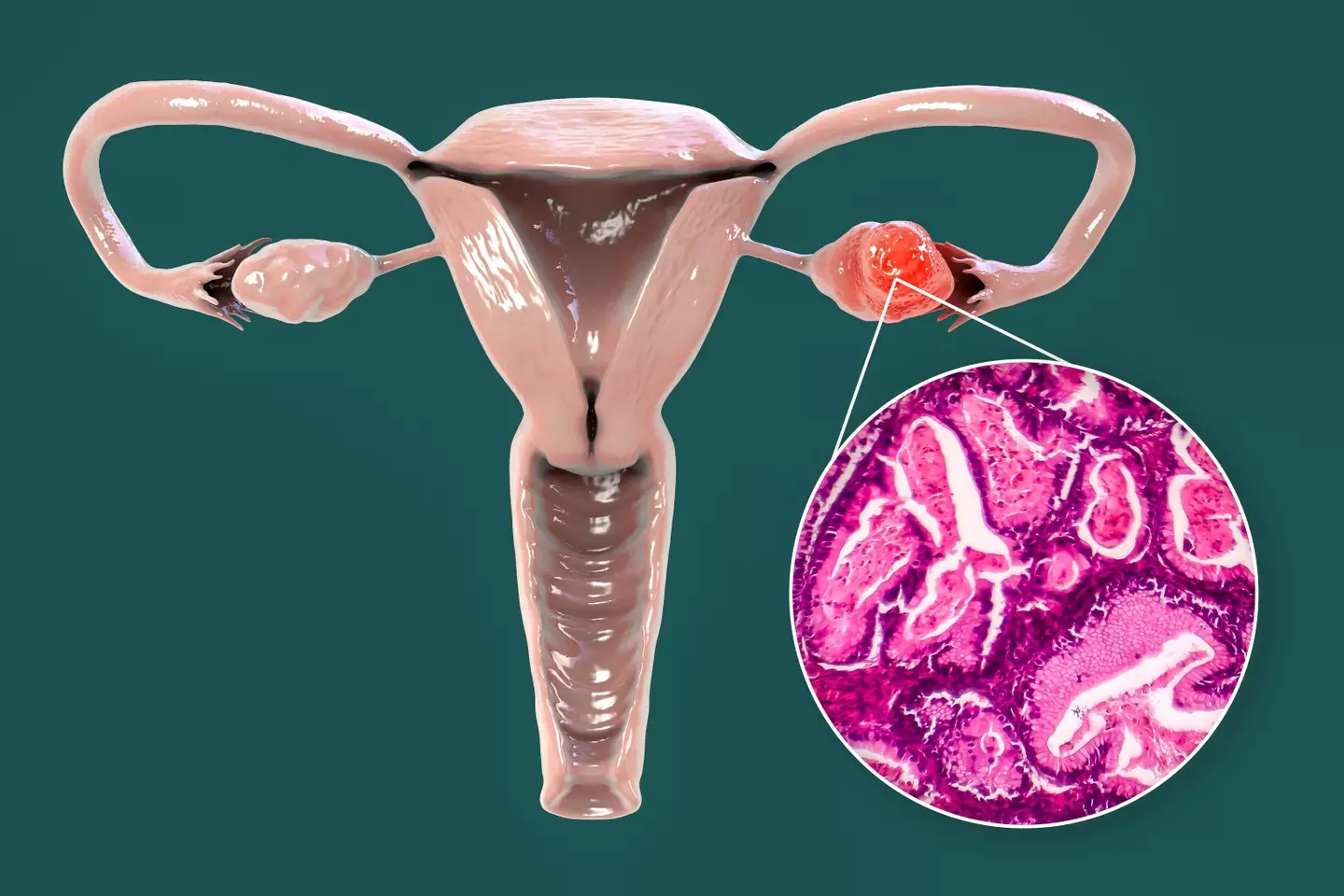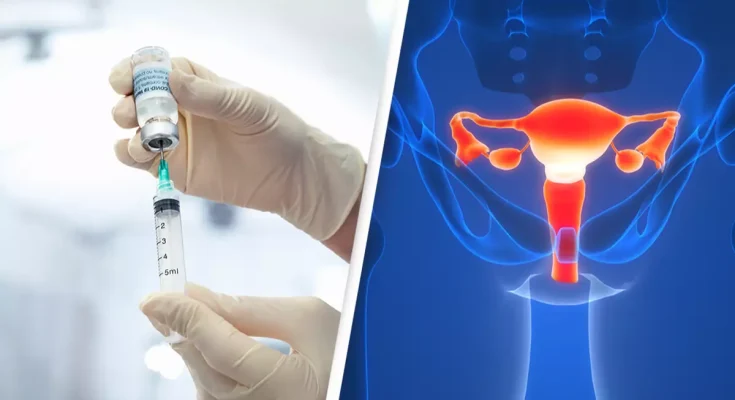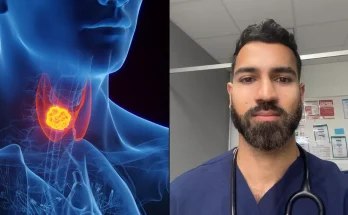Clinical trials will commence on the cancer vaccine if initial tests prove successful
Scientists at the University of Oxford are developing the world’s first ovarian cancer vaccine that has the potential to cure the disease in the future.
There were an estimated 238,484 women living with ovarian cancer in the US in 2021, according to the National Cancer Institute.
As such, a vaccine for the disease could save so many lives and help so many families across the world.
And the first ever ovarian cancer vaccine is being developed in the UK by a team of scientists at the University of Oxford.
Researchers state OvarianVax teaches the immune system to recognise ovarian cancer in its earliest stages and attack it.

Ovarian cancer impacts thousands in the US (Getty Stock Photo)
Best case scenario is the jab ‘could wipe the disease out’, with experts likening it to the human papillomavirus (HPV) vaccine for cervical cancer.
Ahmed Ahmed, lead on the vaccine project, said: “We need better strategies to prevent ovarian cancer. OvarianVax could offer the solution to prevent cancer in women at high risk.
“Teaching the immune system to recognise the very early signs of cancer is a tough challenge. But we now have highly sophisticated tools, which give us real insights into how the immune system recognises ovarian cancer.”
Cancer Research UK, which is funding the project, states researchers will work out which proteins on the surface of early-stage ovarian cancer cells are recognized most by the immune system.
The scientists will then work on how effective the vaccine is at killing organoids in the lab, which are essentially mini-models of ovarian cancer.
Michelle Mitchell, Chief Executive of Cancer Research UK, said: “Projects like OvarianVax are a really important step forward into an exciting future, where cancer is much more preventable.
“This funding will power crucial discoveries in the lab which will realise our ambitions to improve ovarian cancer survival.”

Scientist are working on the vaccine (Getty Stock Photo)
However, expectations have been steadied, with experts warning it will be many years before the vaccine is readily available to people at risk of ovarian cancer.
Nonetheless, if this ongoing research proves successful, the team of scientists will crack on with clinical trials.
Professor Ahmed added: “I am optimistic because we are talking about preventing the very first few cancer cells that develop – and not trying to cure or treat or prevent the tumour coming back.
“I’m hoping that, because the number of cells that we will be targeting is quite small, we will have success.
“We’ve seen success with the HPV vaccine – it’s really, really incredibly effective.”
Featured Image Credit: Monty Rakusen/Magicmine/Getty Images



